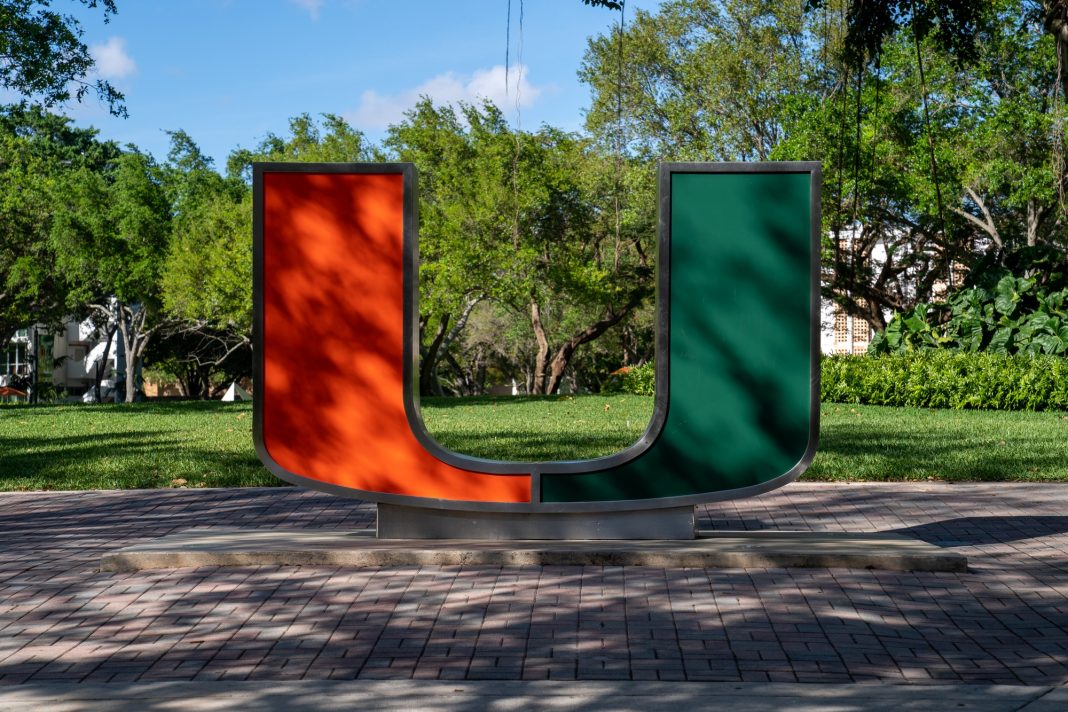University of Miami Housing & Residential Life (HRL) informed multiple spring admits they will spend part of the spring semester living in an off-campus hotel due to overcrowded on-campus housing. Others were notified that they will live in repurposed residence-hall study-rooms for the semester.
“At first I was kind of confused because I had submitted a housing application before the deadline to guarantee a housing spot.” said Jack Evans, a freshman spring-admit majoring in marine biology and ecology. “Being on campus is definitely part of the college experience that I was looking forward to, being in a dorm with all of my classmates.”
An email sent by HRL on Jan. 4 notified some students who applied for on-campus housing for the spring semester that they will start their terms at either the THesis or Miami Marriott Dadeland hotels. The hotels are located half a mile and three miles away from campus, respectively.
The email told students that they should expect to live in the off-campus facilities for up to four weeks, although the time frame may be extended.
“We expect you to remain at the Marriott for at least the first two to four weeks of the semester, at which time you will be assigned an on-campus space,” the email said.
In addition to students temporarily living in hotels, other students will be residing in study rooms remodeled into dormitories in the freshmen towers.
Students were notified when checking their Housing Portal on Canelink. Next to the room reservation description, instead of a room number in Stanford or Hecht, for example, they were placed in an ‘Overflow Lounge,’ or a converted study-room.
HRL states they expect to accommodate incoming students living in hotels to on-campus rooms after anticipated housing cancellations and room changes by other students.
They have not specified how they will help move these freshmen into their dorms, since they are not allowed to have cars on campus and may be living three miles away from the Coral Gables campus.
The affected students and their families are concerned with having to move in twice, once into the hotel and a second time into a dorm.
“I live near Washington D.C., and it’s a pretty big drive and a relatively long flight to get down to Miami,” Evans said. “I don’t want my parents having to drive down or potentially fly down, given the Omicron situation.”
HRL, however, said they plan to accommodate incoming students temporarily housed at hotels as quickly as on-campus rooms become available.
The university recognized the disruption and inconvenience its change in housing accommodations may cause students as they transition to college life.
UM is offering affected students a discount of $908, or roughly 20% of the typical housing cost in the Hecht and Stanford freshman towers, which will be reflected in their student accounts one they have been transitioned to on-campus housing.
Evans said he will no longer bring decor, televisions and mini-fridges since the school will not be providing storage during their stay off campus.
“I am somewhat worried about moving in and moving out,” Evans said. “I’m not going to be able to bring all the stuff that I was going to.”
HRL’s email provided a link on added amenities that will be given to the affected students, such as free laundry services and a debit card for food.
“Laundry service by Tide Cleaners will be provided three days per week at no additional cost (wash-and-fold service only; up to 20 pounds weekly),” the email said. “You will receive a debit card that is pre-loaded with $45 per day to use for meal delivery services.”
Students will also be provided daily housekeeping services and access to shuttles traveling between the hotels and campus everyday from 7 a.m. to 11 p.m.
In spite of the growth in student population, HRL will continue their plans to replace the freshmen towers in order to build the Centennial Village.
HRL expects the completion of Centennial Village in 2026. The Centennial Village will be made up of five residential colleges that will be able to house an estimated 2,025 students.
Due to the Village’s gradual destruction of the freshmen towers, there will be less housing available on campus over the next four years.






